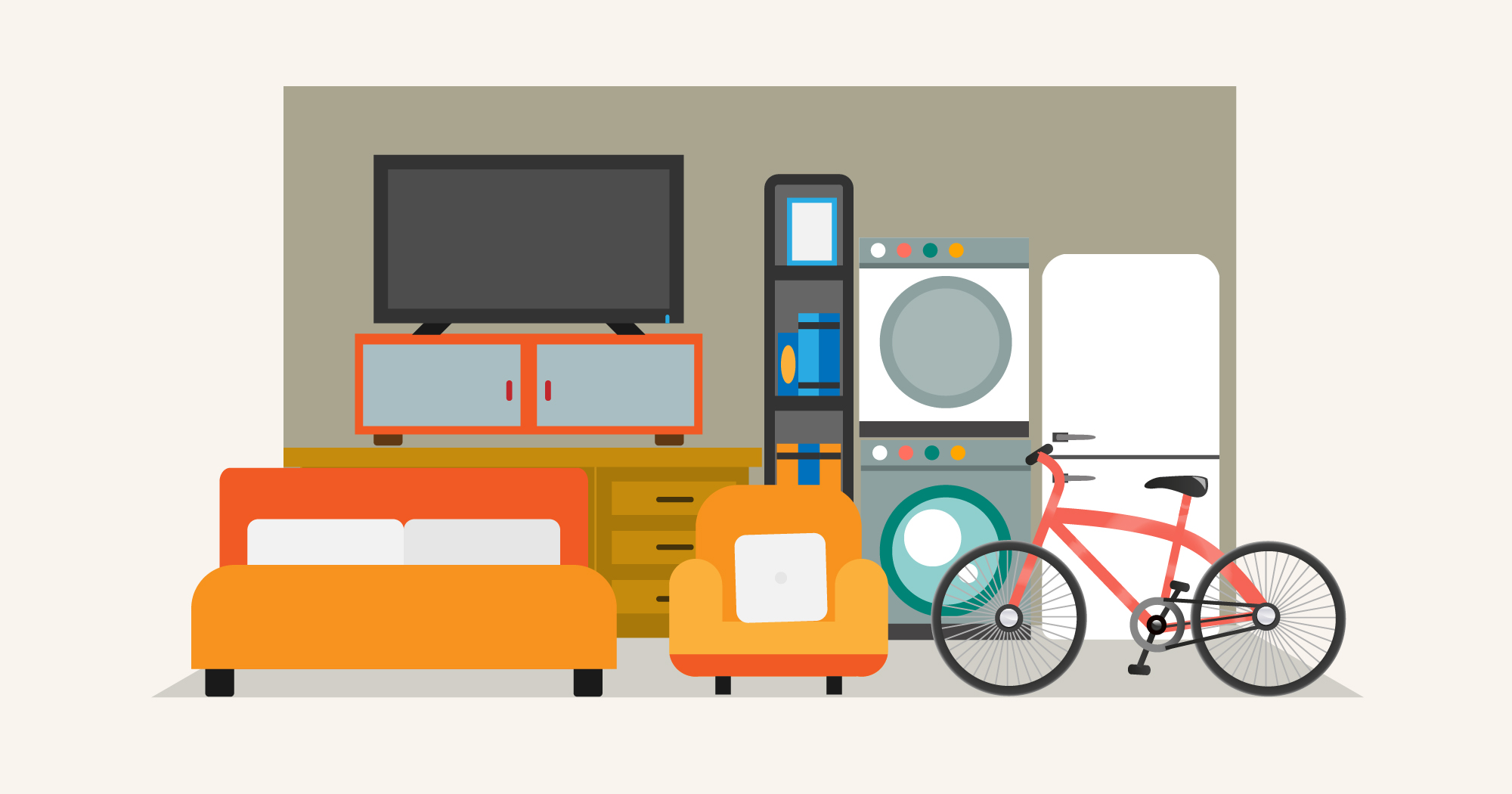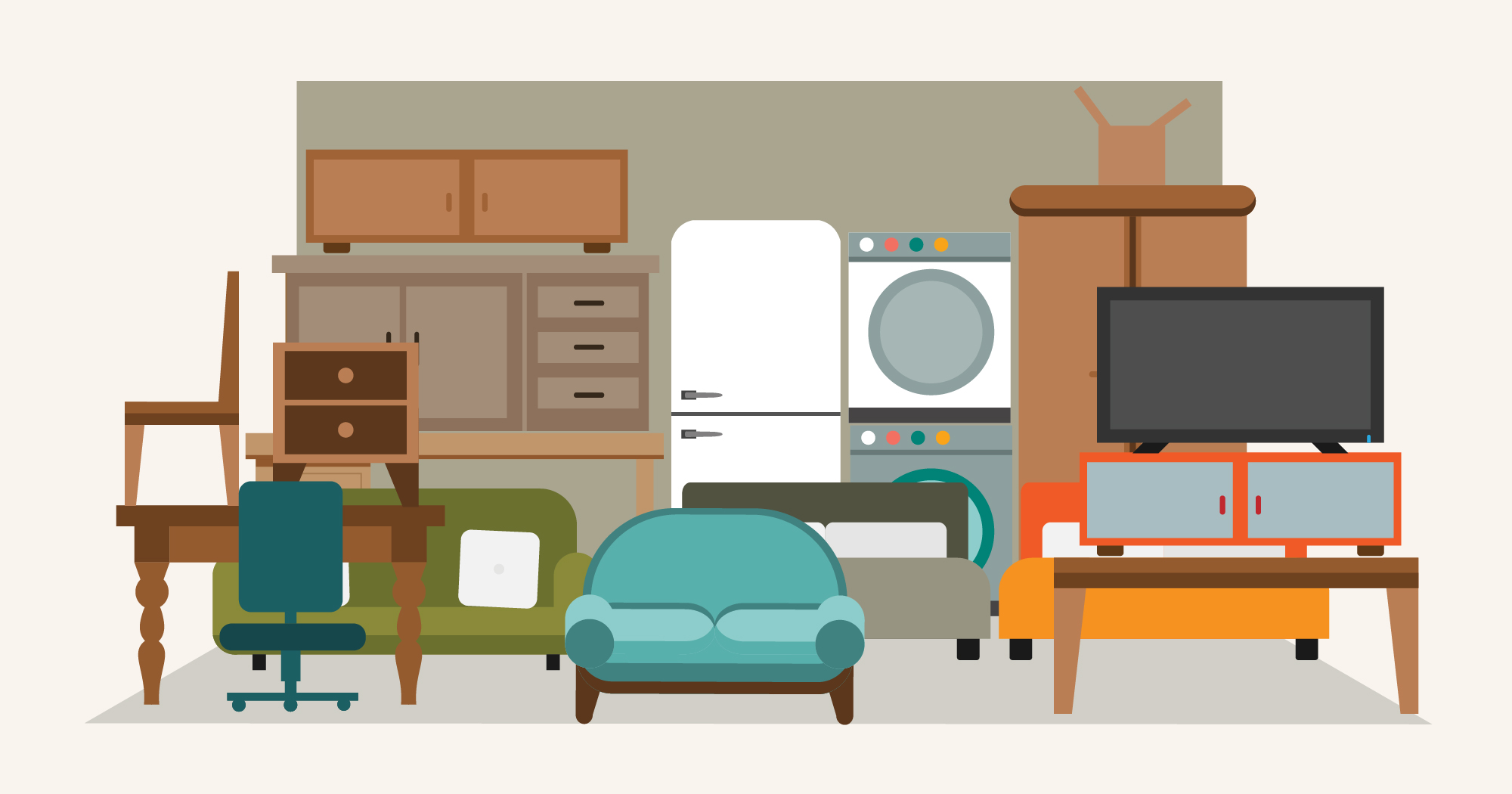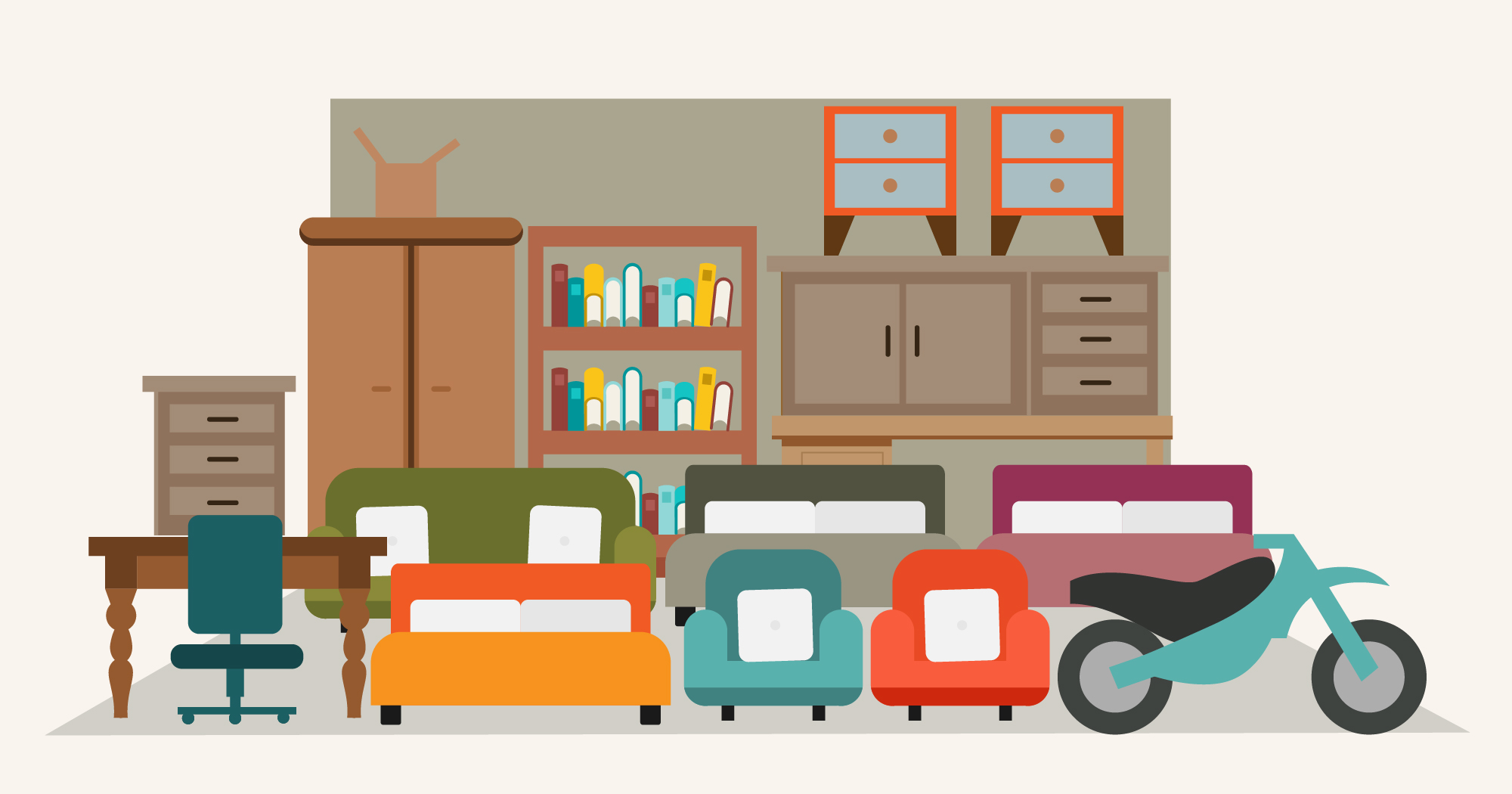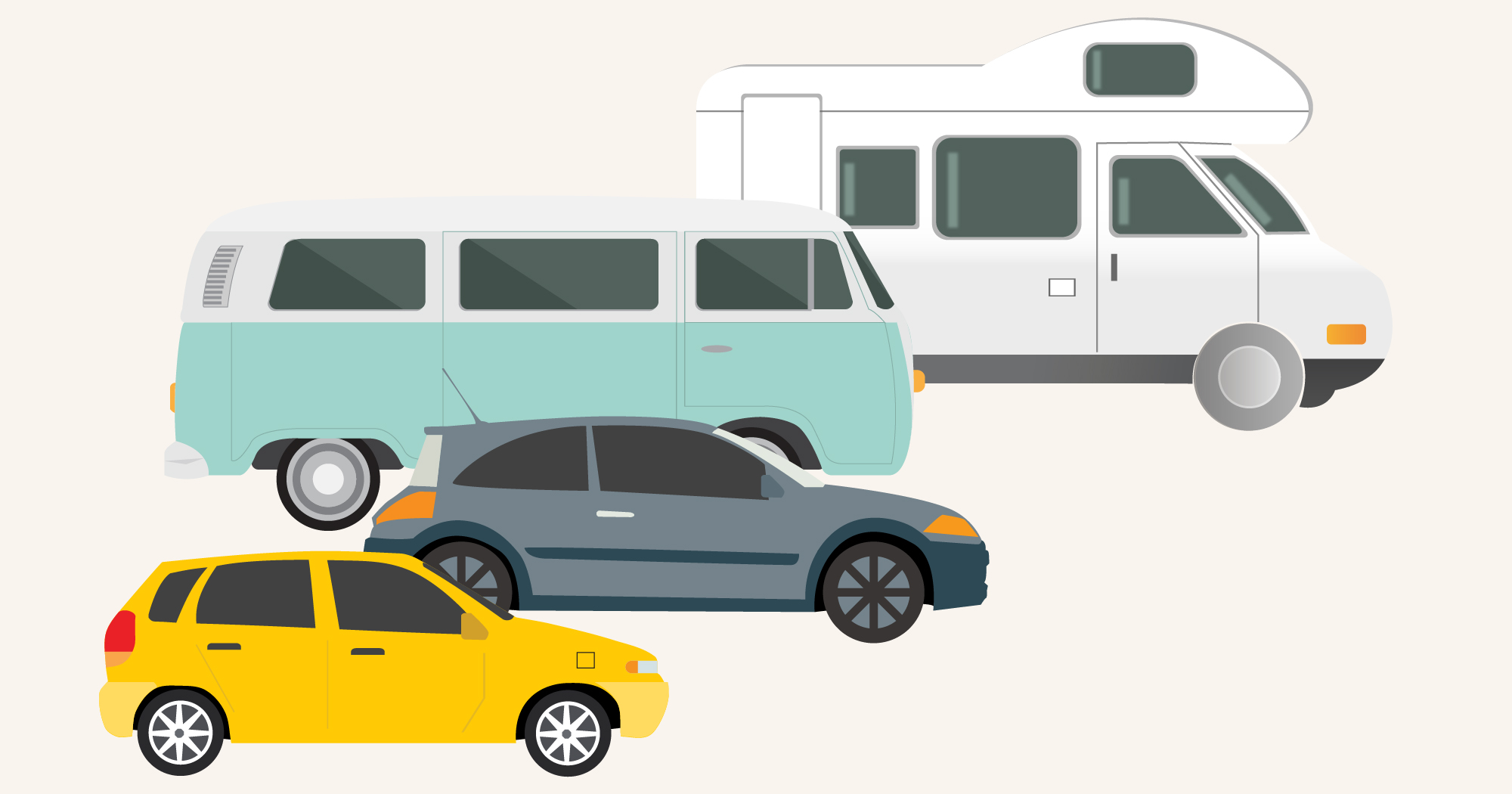Self-Storage Preparation
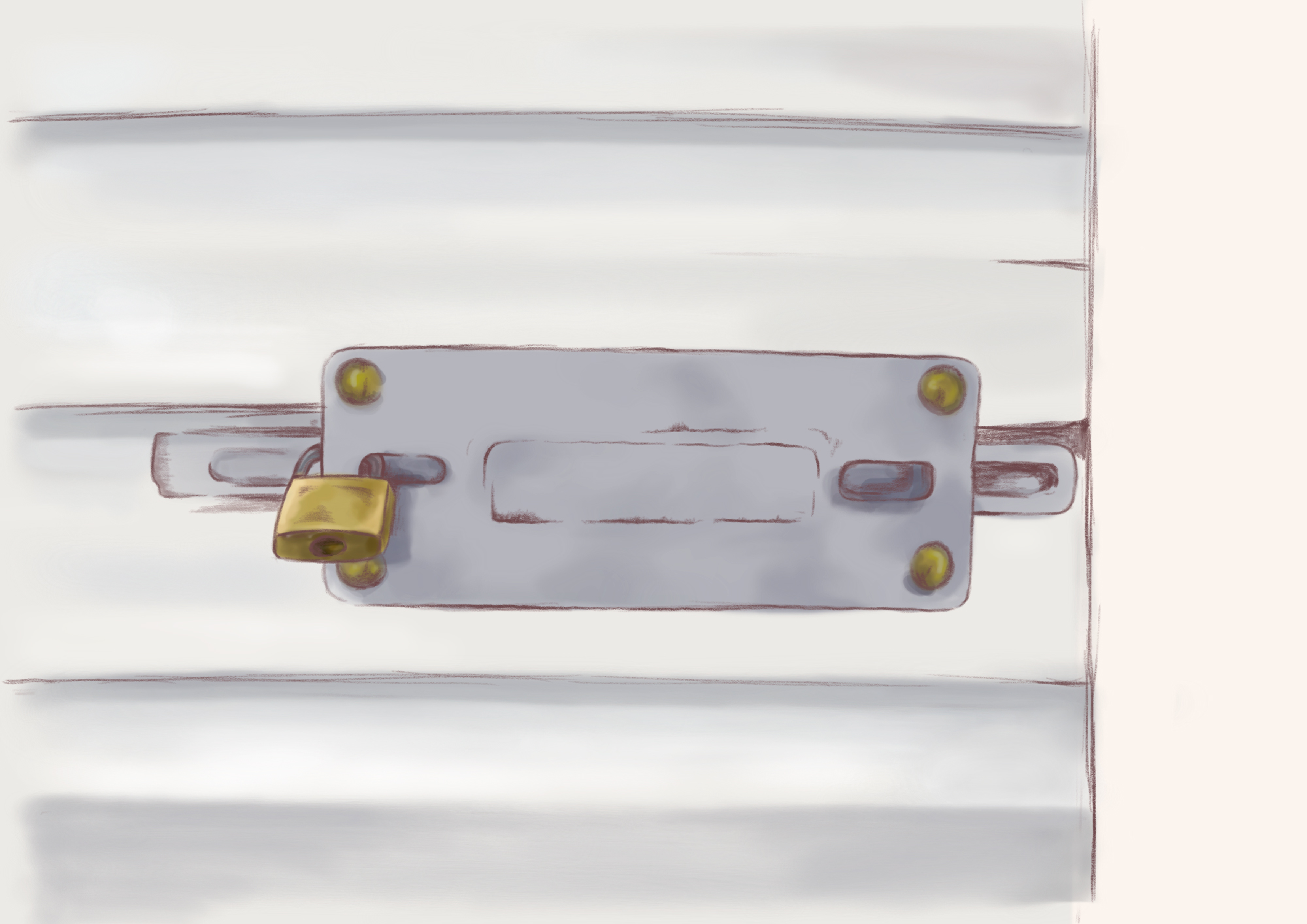 Putting items into storage is similar to moving house and many of the same rules of thumb apply if you want a seamless, hassle-free shift. Here are some suggestions on how to make the process go smoothly, and ensure your possessions are correctly stored for their protection and preservation.
Putting items into storage is similar to moving house and many of the same rules of thumb apply if you want a seamless, hassle-free shift. Here are some suggestions on how to make the process go smoothly, and ensure your possessions are correctly stored for their protection and preservation.
- Book your mover early and allow for holdups such as traffic, weather and so on. Ask friends to help.
- Start your packing well in advance of storage D-day and pack carefully, as this prevents breakage and loss of small and fragile items.
- Use this as a good time to sort and cull old, useless or unwanted possessions.
- You’ll need plenty of sturdy cardboard cartons (available from stores selling white goods, hardware outlets and supermarkets), packing paper, strong sealing tape and a permanent big-tipped marker pen.
- When taping your boxes, do not stretch the tape. Troll it over the box and secure. This stops the boxes breaking open.
- Keep costs down by packing as many of your smaller items together in cardboard boxes. This uses the unit space better and makes the move faster.
- Label and number all your boxes clearly so you know exactly what is in each box and won’t have to open the box at a later date.
- Pack heavy uncrushable items like books and clothes in marked boxes so you can put these into the unit first and build upwards.
- Put lighter more bulky items on top either in boxes or loose.
- Keep an inventory as you pack and record where boxes are stored in the unit
- Blankets, rugs and sheets should be used between easily marked surfaces.
Tips for Packing
As with all things, the secret to ensuring your goods come out of the storage unit in good condition is preparation - how they are packed and stored. Here are a few pointers on ways to pack items for their best protection.
Beds: Tie bed rails together with rope or plastic tape. As you dismantle your beds, mark all pieces so you know which base, mattress, legs and headboard go together.
Soft furnishings: Cover mattresses, beds, sofas and lounge suites with a blanket or sheet. If using plastic, leave one end open to allow moisture to escape. We sweat litres of moisture into our beds and furniture, so it is a good idea to leave them out in direct sunlight to dry for several hours before packing them in plastic.
Books: Books are very heavy and large full boxes are hard to lift. Pack books in small cartons, keeping the weight below 13.5kgs for easy lifting.
Wardrobes: Wardrobes and cupboard drawers work well as extra packing boxes. Fill them with small fragile items using sweaters, blankets and towels as padding.
Chairs and Tables: Protect all chair legs by wrapping them in packing paper. Leave slipcovers on upholstered chairs and cover them with plastic chair covers. If possible, remove the legs from large tables. Extra legs should be tied together and padded.
Clothing: Make sure all clothing, rugs and other fabrics and textiles are clean and free from anything that may attract pests. Place naphthalene or moth balls in pockets.
Dishes and Glasses: Pack dishes and glasses slowly and carefully to prevent breakage. Wrap each item separately in tissue and use crumpled packing paper around them to cushion them in the carton.
Again, these can get heavy so keep each box under 13.5 kilos for easy lifting and handling.
Lamps and Mirrors: For the move put lamp bases in drawers, freezers, washing machines or other large empty items. Pad with towels and blankets.
Pack lamp shades in boxes with plenty of paper for padding.
Wrap mirrors in thick layers of paper and label them well so you don’t accidentally bang or bump them. Store them standing on edge. Never store a mirror flat.
Paintings: Wrap paintings in thick layers of paper, label them fragile and store them on edge never flat.
Electronics & computers: Where possible pack all electronics back in their original boxes and tape closed. These should then be stored upright. Otherwise, wrap in bubble-wrap and store in marked boxes. Remove the batteries from battery powered items as they may deteriorate and leak over time.
Fridges, freezers and whiteware: Before storage, it is essential that fridges and freezers are thoroughly defrosted, cleaned and dried and washing machines and dishwashers completely drained before storing.
Store all white goods completely empty – unbelievably, we have had people leave food in them!!
Lawn mowers and other machinery: Drain fuel and oil from all machinery and store upright. Items such as lawnmowers are very prone to oil and fuel leakage when stored on their side and spillage can damage other goods in your space.
Empty gas bottles from barbeques and heaters before storing.
